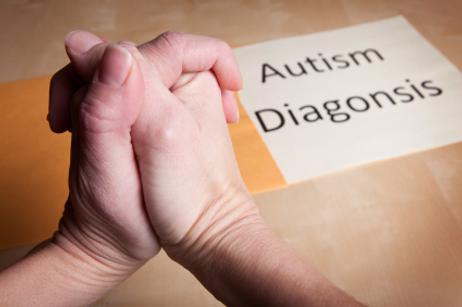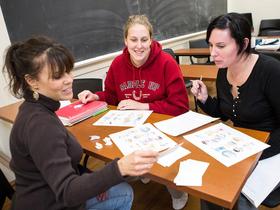While the United States has more than six million students enrolled at 1,000 community college campuses nationwide, only half a million students graduate from these institutions each year. According to President Obama, this low graduation rate must change in order for our country to prepare for a stronger and more fertile economy.
In specifically examining the troubling economic setbacks experienced by residents of Michigan, Obama asserts that many unemployed auto workers must actively pursue community college programs to gain new education and training for the future job openings that will arise. In light of PresidentObama's direct visit with Michigan's current and former auto workers, many residents are wondering if the failure of their auto industry will ultimately help drive up their community college enrollment rates.
The impact of Michigan's auto industry on community colleges.
As Yahoo News reports, President Obama's mid-July visit to Detroit was intended to help the city and surrounding areas face their current economic challenges with new vigor. Considering that Ford, GM, and Chrysler are all based out of Michigan, their recent financial struggles have contributed to a waterfall of job losses and salary cuts statewide.
During his visit, President Obama sympathized with residents while simultaneously attempted to boost morale with his $12 billion dollar proposal. With this proposal, President Obama hopes to increase the enrollment rates at community colleges, both in Michigan and across the country, to eventually create a more qualified workforce.
In looking forward to the economic perks

























